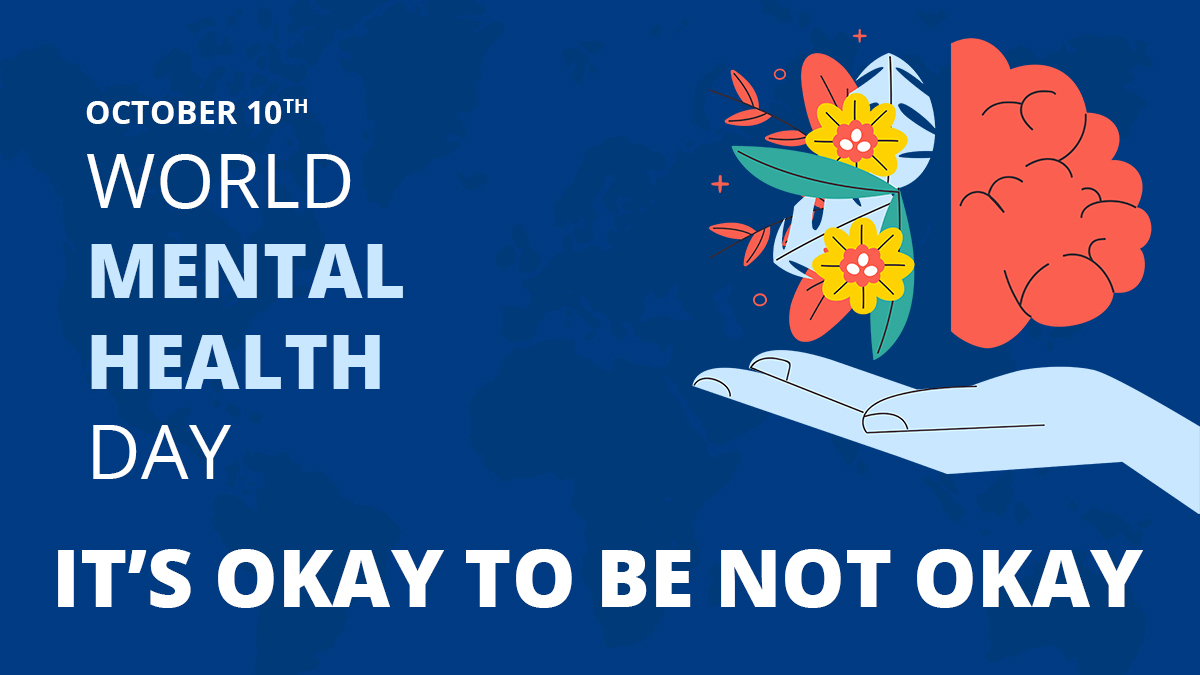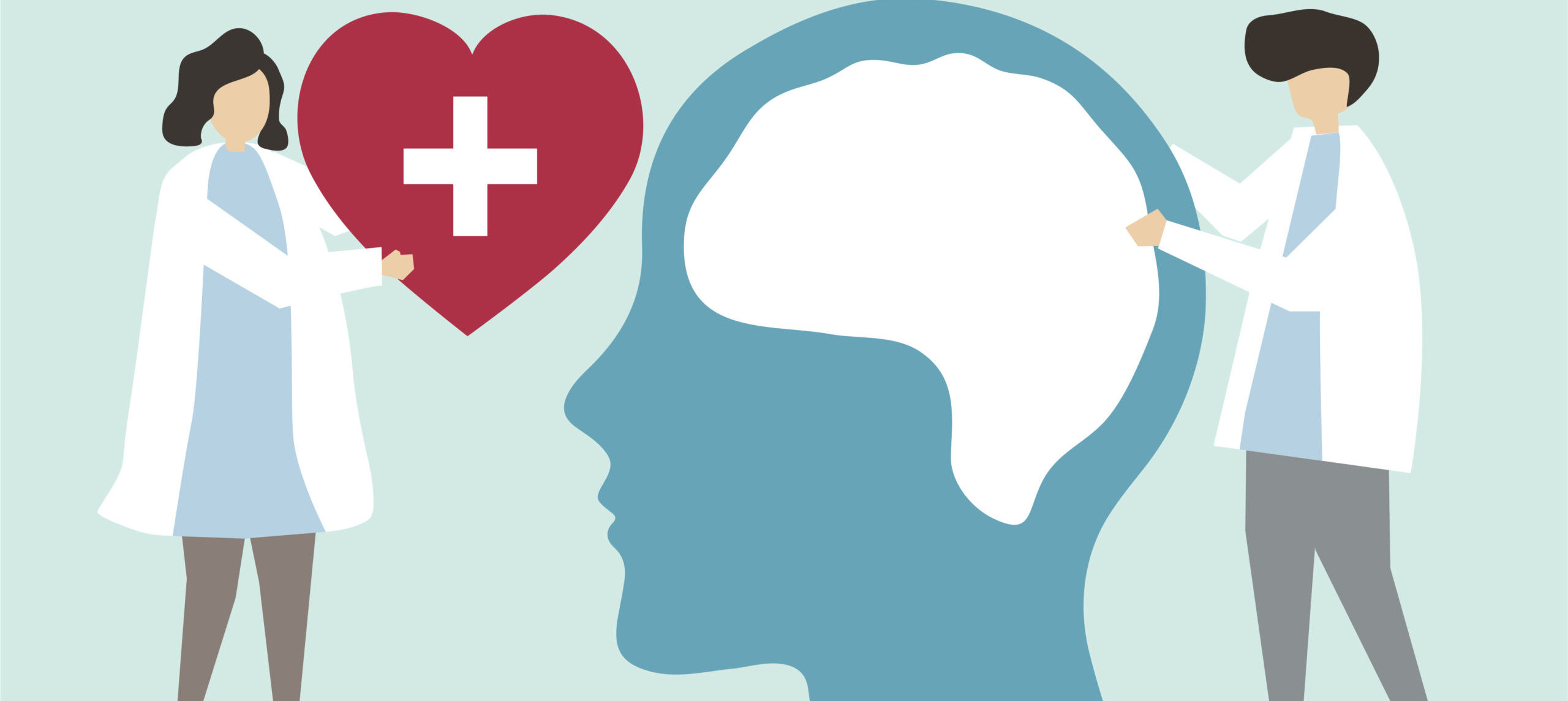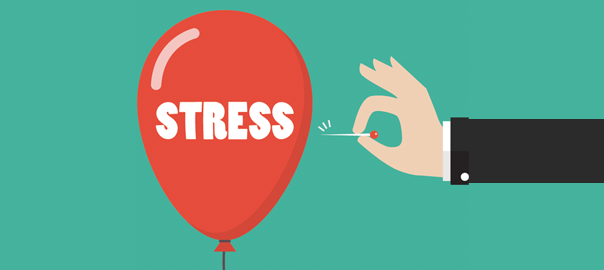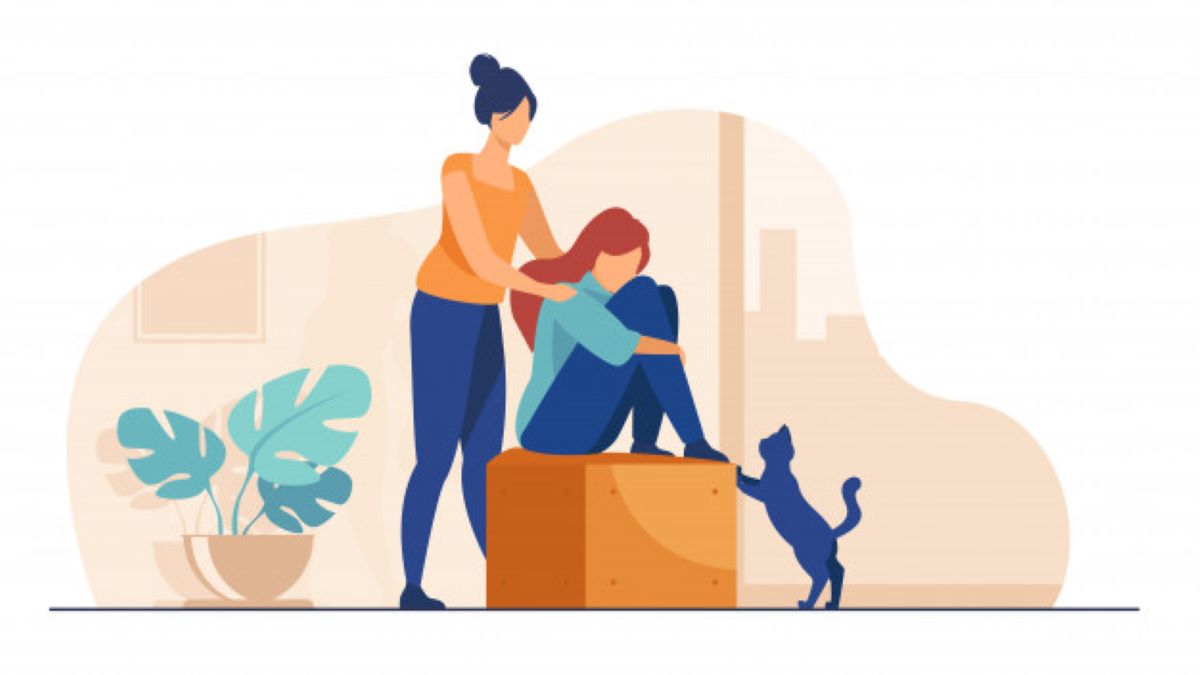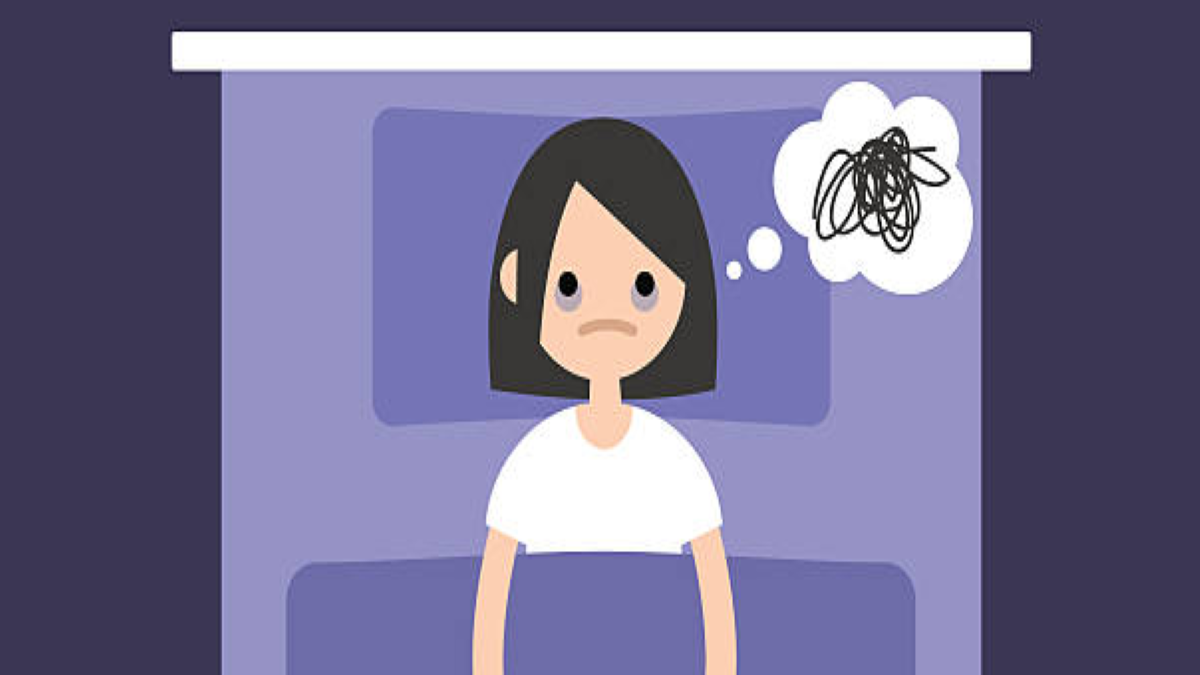In the blog, we explore what affects mental health, self-care strategies, and the need for awareness to get rid of the stigmas attached to it and take an action.

We consider innovation as a critical driver of bettering mental health for all. The brain is a complex structure, and there are currently no biomarkers for predicting, diagnosing, or evaluating treatment for psychiatric conditions. Even though there are no cures, novel treatments that improve people’s functioning and quality of life are critical to effectively manage chronic mental health conditions.
It is more important than ever to raise awareness about the importance of maintaining our health and to continue the fight against the stigma associated with brain disease.
In 2017, it was projected that over 11% of the world’s population suffered from a mental health issue. According to NCBI, patients with serious mental health conditions have a 10-to-25-year reduction in life expectancy. A recent study conducted by the Sindh Mental Health Authority and the Edhi Foundation revealed the magnitude of the issue where 42% of participants from both urban and rural regions indicated suffering from depression, significant levels of anxiety, and 25% had suicidal thoughts.
As World Mental Health Day , it is critical to discuss mental health, the factors that influence it, and how we may practice self-care while also checking in on others.

Mental illness can affect people of any age and as we grow old, depression and anxiety are two common mental diseases that influence our health. Many of us had to socially isolate and were lonely, and research shows that both are health hazards that can have an influence on one’s general health and well-being. Mental health issues can have an impact on one’s physical health, emotional and social well-being, and general quality of life, making it an important component of one’s overall health as one age.
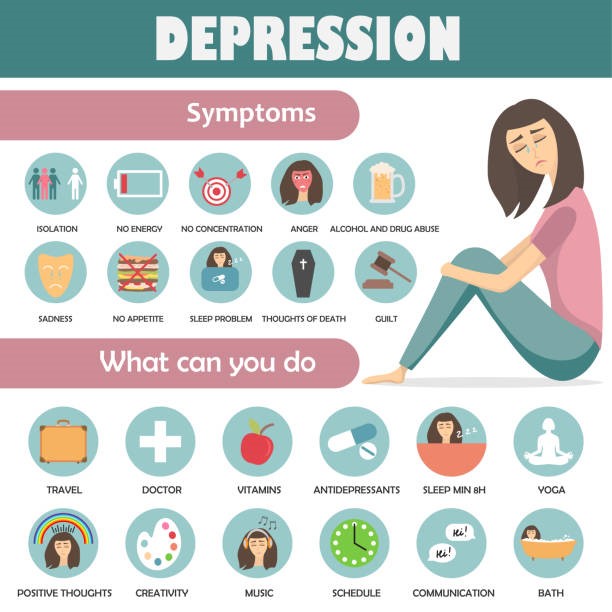
Approaches to Self-Care
There are several self-care practices that people can use to improve their mental health and well-being. Exercising at home or stepping outside can improve one’s mood. Mindfulness techniques, such as meditation, may also benefit the mind to relax. According to research, recreational reading can provide a variety of benefits to both individuals and society. Reading, whether it’s a new book you’ve been dying to try or an old favorite, might help ease depressive symptoms.
Reaching Out and Staying Connected
A phone call or video chat with a friend or family member can be good for the soul. While social circles have been considerably reduced, using technology to connect with friends and family is a great alternative. Whether it be a phone call to say hello or using a video chat to gather virtually with friends, staying connected to others can help reduce feelings of isolation, loneliness, and depression.
Cut out the noise
Try to avoid listening to the news and following social media constantly. It’s natural to want to know what is happening around us but it is important to find a balance because it can induce stress. There is a lot of glitter and sparkle up our Instagram feed and it’s only natural to feel like you’re missing out but take the time to declutter and remember, all that glitters is not gold.
Mindfulness – Breathe and Pause
If you are feeling anxious or your stress level is rising, take time to sit alone in a room, close your eyes, breathe deeply and count to 20. As you practice, count again and again.
As you grow more comfortable, try visualizing a scene in nature, or a word such as peace or serenity and focus on that. If your mind wanders, just come back to the scene or the word. There is a lot of clutter in one’s head and one needs to quiet his mind. This would essentially improve one’s mood and wellbeing.
Make time for ‘me time’
Schedule some time to devote to yourself. This could be as simple as taking a nice bath, doing an activity you enjoy, or taking some time outside to exercise. Remind yourself that you exist and that you and your health are important. Remember, there is no health without mental health.

There is a long road ahead before we can accomplish mental health for everyone. Significant collaborations and investments are required to overcome the stigma associated with mental health illnesses, the absence of parity of care between physical and mental disorders, and limited access to diagnosis and treatment. We may, however, come closer to our goal by engaging with the scientific, medical, and advocacy communities, as well as decision-makers.
Whatever you do, keep in mind that today that world mental health day is all about recognizing the importance of mental health and fostering mental health awareness. Also, keep in mind that it is only a small part of a much greater picture. Every day, mental health is crucial; therefore, one must increase awareness and engage others and ourselves as much as possible.
References:
2021, 2021. Mental illness awareness week. NAMI. Available at: https://www.nami.org/get-involved/awareness-events/mental-illness-awareness-week [Accessed October 10, 2021].
Elenabs et al., 2021. Mental Health Infographics Pictures, images and stock photos. iStock. Available at: https://www.istockphoto.com/photos/mental-health-infographics [Accessed October 10, 2021].
Healthline, 2021. Mental health check: How are you, really? Healthline. Available at: https://www.healthline.com/program/mental-health-check-how-are-you-really [Accessed October 10, 2021].
Ilyas, A., Chesney, E. & Patel, R., 2017. Improving life expectancy in people with serious mental illness: Should we place more emphasis on primary prevention? The British journal of psychiatry : the journal of mental science. Available at: https://www.ncbi.nlm.nih.gov/pmc/articles/PMC5623876/ [Accessed October 10, 2021].
kucher, 2021. World Mental Health Day: Employee stories. Simon. Available at: https://www.simon-kucher.com/en-ch/people-stories/world-mental-health-day-employee-stories [Accessed October 10, 2021].
rethink, 2021. World Mental Health Day. Available at: https://www.rethink.org/get-involved/awareness-days-and-events/world-mental-health-day/ [Accessed October 10, 2021].
WHO, 2017. Who MSD mer 2017.2 – who | world health organization. Available at: https://apps.who.int/iris/bitstream/handle/10665/254610/WHO-MSD-MER-2017.2-eng.pdf?sequence=1 [Accessed October 10, 2021].
WHO, 2021. World Antibiotic Awareness Week. World Health Organization. Available at: https://www.who.int/campaigns/world-mental-health-day [Accessed October 10, 2021].
WHO, 2021. World Mental Health day 2021: Campaign materials. World Health Organization. Available at: https://www.who.int/campaigns/world-mental-health-day/2021/campaign-materials [Accessed October 10, 2021].
Yusuf, H., 2021. Mental health toll. DAWN.COM. Available at: https://www.dawn.com/news/1636977/mental-health-toll [Accessed October 10, 2021].
